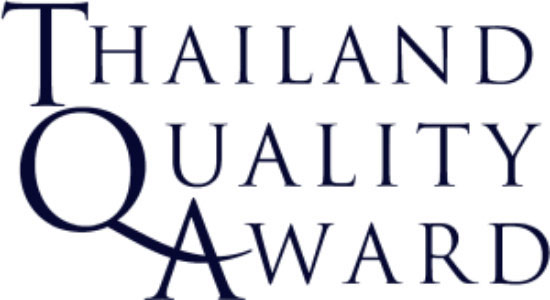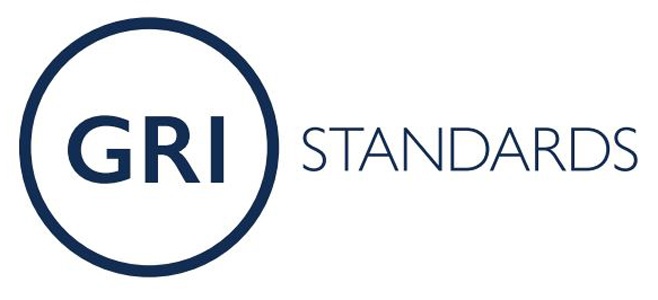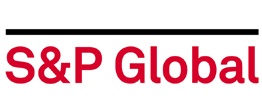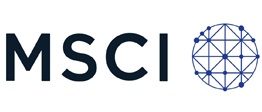The Company’s “Sustainability Policy” is based on the integration of sustainable economic principles, criteria, and global standards in sustainability and social responsibility including the UN Global Compact (UNGC), the S&P Global Corporate Sustainability Assessment (S&P Global CSA), Sustainable Development Goals (SDGs), Sustainability Rating by Morgan Stanley Capital International (MSCI), International Organization for Standardization (ISO), and the expectations of stakeholders. It aligns with the Company’s vision, direction, and business strategy, and provides the foundation for sustainability initiatives at the organizational level. The Company measures and reports its performance following the guidelines of the Global Reporting Initiative (GRI) to demonstrate its commitment to sustainable business development throughout the value chain.









The Company has established a sustainability policy that covers all dimensions of business sustainability based on current operations of the Company, new businesses domestically and internationally, emerging risks, and global sustainability direction. It covers the total of 9 dimensions as follows:
- Stakeholder Engagement
- Good Corporate Governance
- Fair business operating practices
- Responsible Production and Services and Promoting Sustainable Society
- Sustainability Due-Diligence Assessment for New Businesses
- New Innovative Business Investment for Sustainability
- Worthwhile Resources and Environmental Management
- Human Rights Support for Sustainable Economic Prosperity
- Sustainable Social Development
In addition, the Company has adopted the BCG Economy Model, which consists of three main economies: Bio economy, which focuses on the efficient use of biological resources, relying on technology and innovation to transform agricultural products into high value bioproducts; Circular economy, which focuses on the efficient use of resources, raw materials, and products; and Green economy, which aims to solve environmental problems and reduce impacts sustainably. These are the guiding principles for conducting business to create value, quality, and sustainability for the Company and all stakeholders.


